Sep 02, 2017, 05.09 PM IST
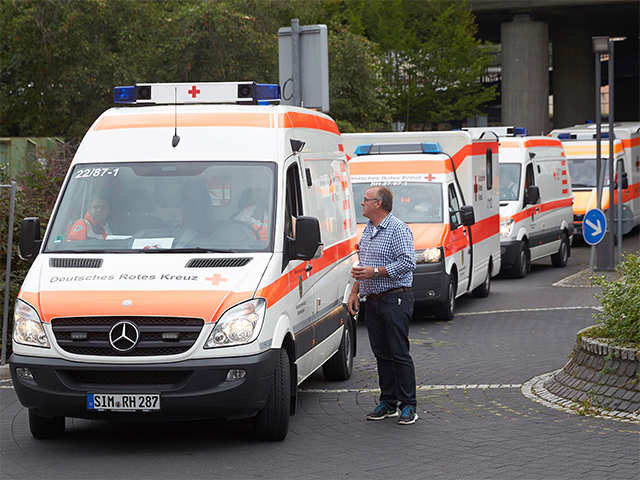
Mass evacuation
Residents in two German cities are evacuating their homes as authorities prepare to dispose of World War II-era bombs found during construction work this week.
1/6
AP
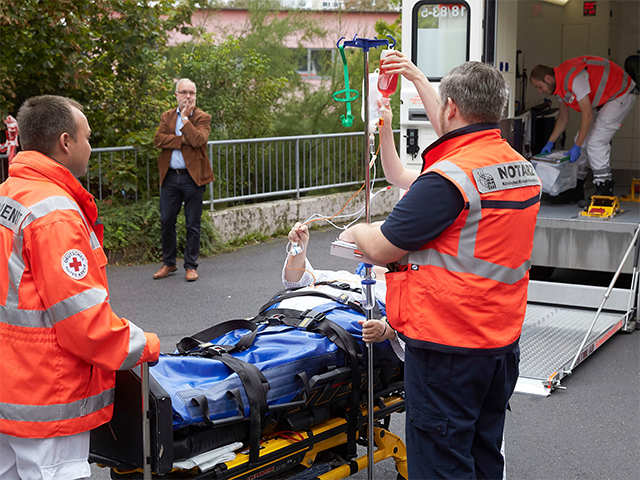
Complete shut down
About 21,000 people have been ordered to leave their homes and workplaces in the western city of Koblenz as a precaution before specialists attempt to defuse the 500-kilogram (1,100-pound) US bomb on September 2. Among those moved to safety are prison inmates and hospital patients.
More than 60,000 people have been ordered to leave a radius of 1.5 kilometers (nearly a mile) around the site where the 1.8-ton British bomb will be disposed of September 3. Airspace for 1.5 kilometers around the bomb site will also be closed.
More than 60,000 people have been ordered to leave a radius of 1.5 kilometers (nearly a mile) around the site where the 1.8-ton British bomb will be disposed of September 3. Airspace for 1.5 kilometers around the bomb site will also be closed.
2/6
AP
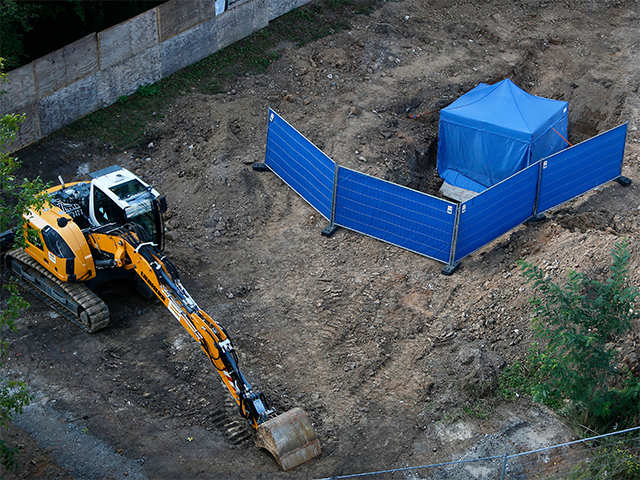
Biggest post-war evacuation in Germany
Officials in the financial capital Frankfurt, meanwhile, are carrying out what is described as Germany's biggest evacuation, though similar operations are common even 72 years after the war ended.
3/6
AP
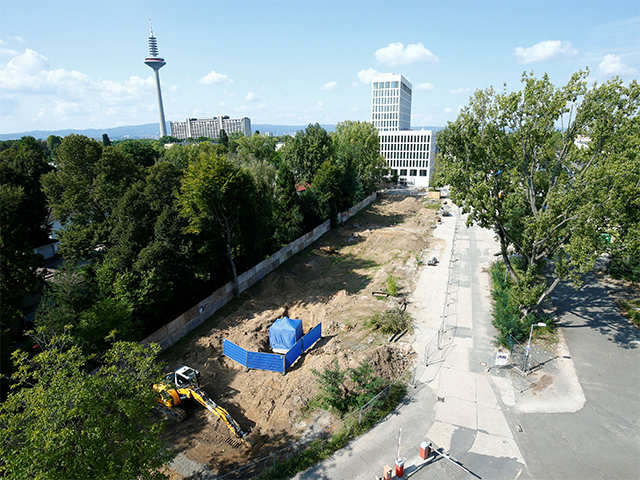
Close to gold reserves
The Bundesbank headquarters, less than 600 metres from the location of the bomb, stores 1,710 tonnes of gold (worth $70 billion) underground, which is around half the country's reserves.
4/6
Reuters
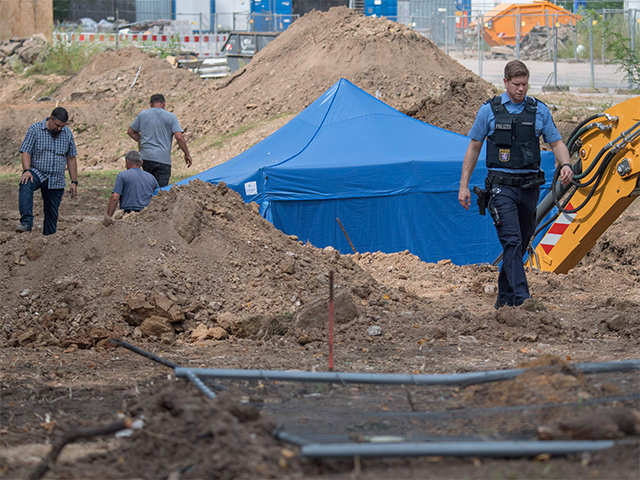
How big is the bomb
The HC 4000 bomb is assumed to have been dropped by Britain's Royal Air Force during the 1939-45 war. Such finds are not unusual, but rarely are the unexploded bombs so large and in such a sensitive position. This bomb has more than 1.4 tonnes of explosives. In the event of an uncontrolled explosion, the pressure it creates alone could dismantle buildings in a 100-metre radius.
5/6
AFP
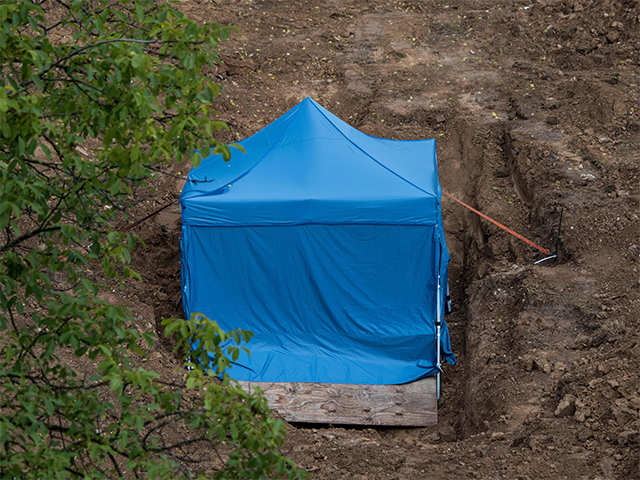
A dangerous exercise
Bomb disposal experts will make use of a "Rocket Wrench" to try and unscrew the fuses. If that fails, a water jet will be used to cut the fuses away from the bomb.
Roads and transport systems, including the underground, will be closed during the work and for at least two hours after the bomb is defused, to allow patients to be transported back to hospitals without traffic.
Roads and transport systems, including the underground, will be closed during the work and for at least two hours after the bomb is defused, to allow patients to be transported back to hospitals without traffic.
No comments:
Post a Comment